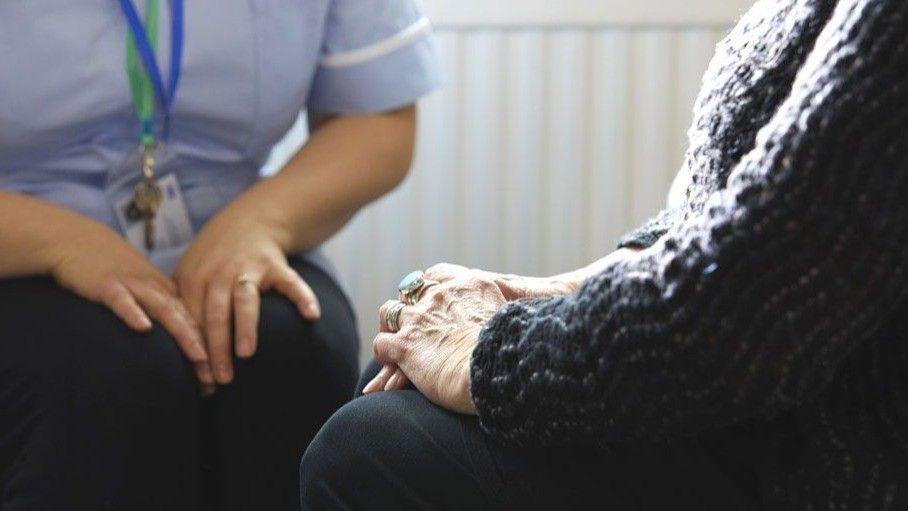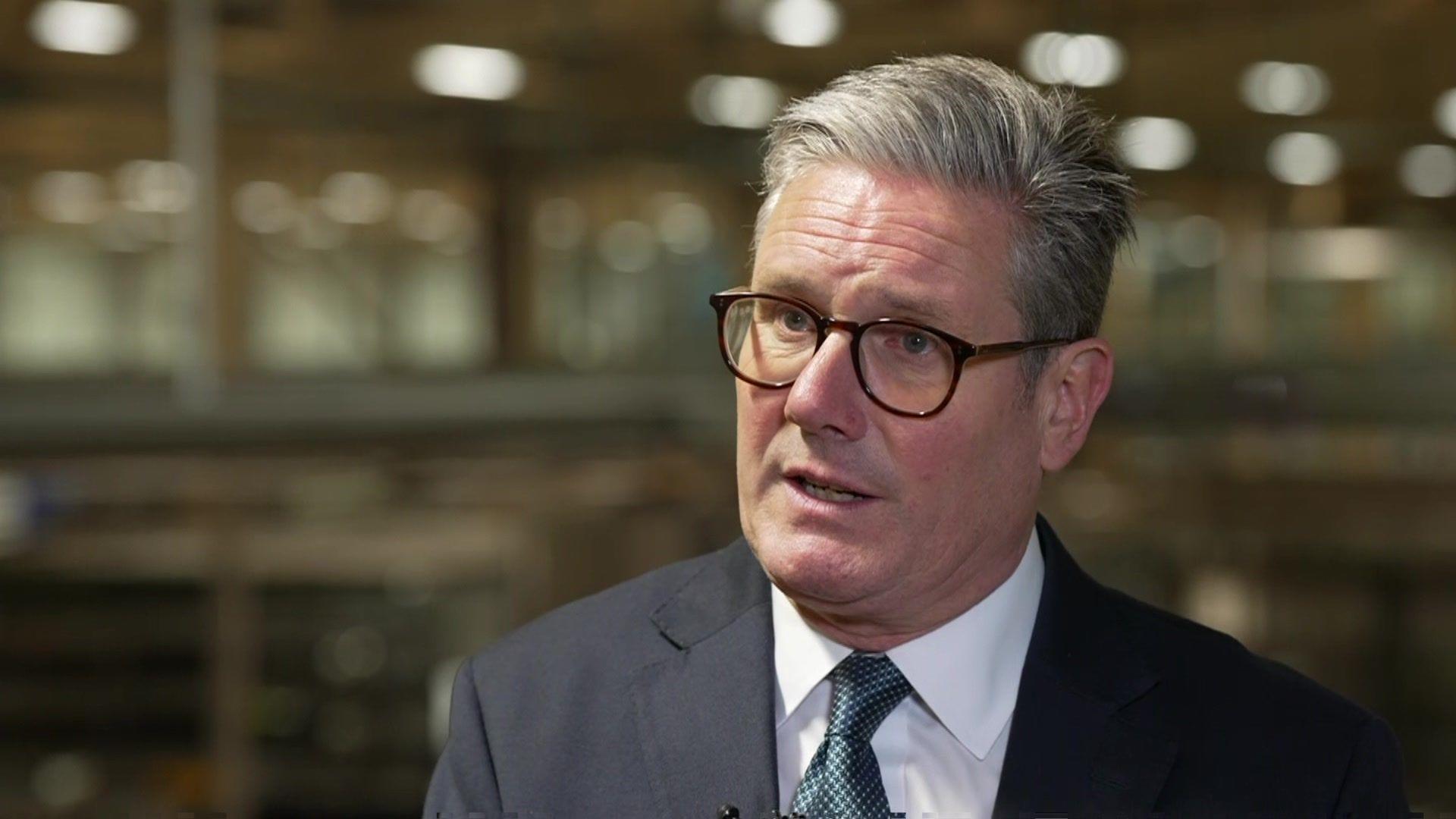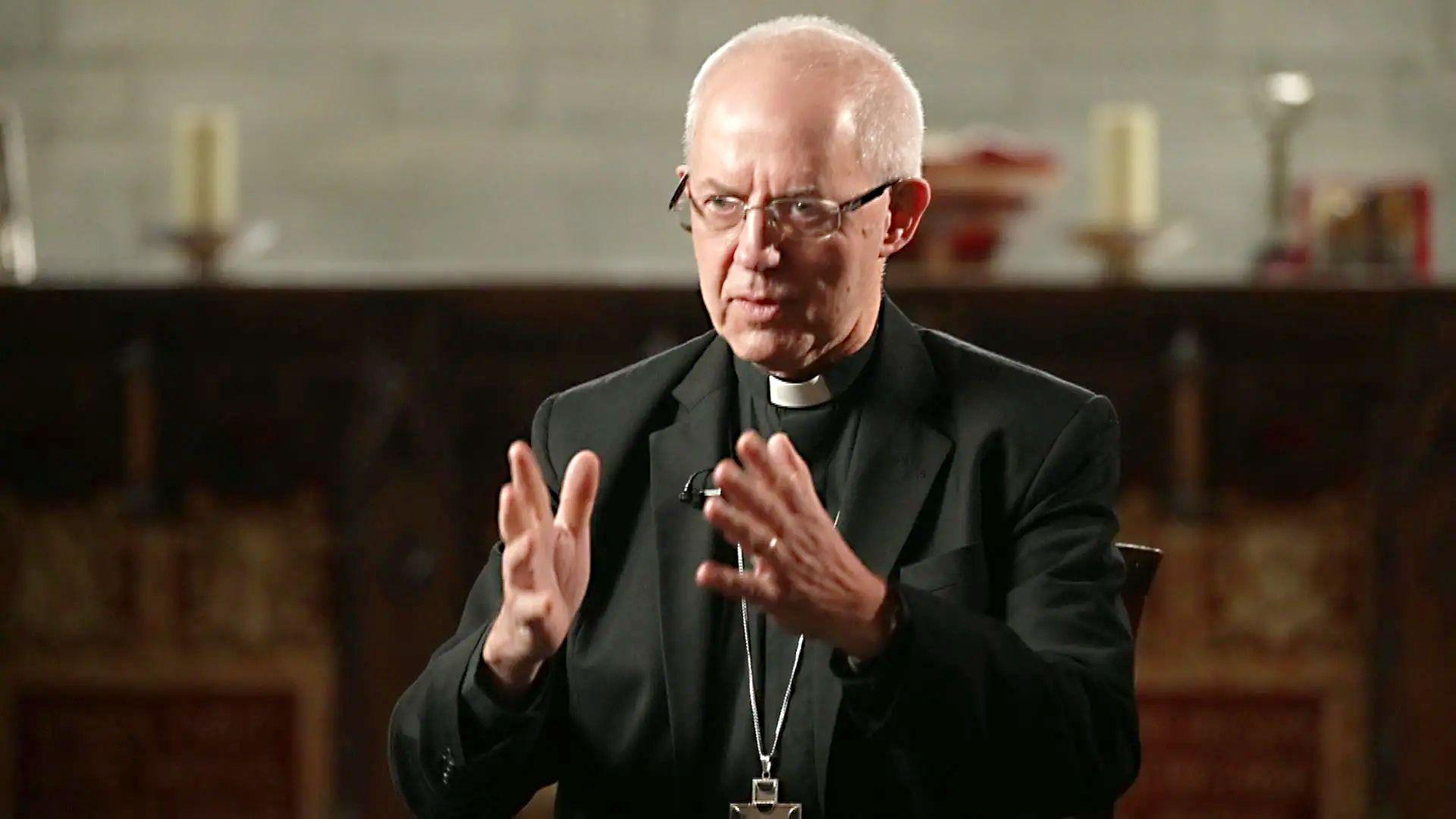Assisted dying could lead to coercion - Streeting

MPs are due to vote on a bill next month that could make the process legal in England and Wales
- Published
The health secretary has said he is worried that legalising assisted dying could risk ill people feeling "guilt-tripped" into ending their own lives.
It emerged last week that Wes Streeting had privately told colleagues he would vote against the proposal next month.
MPs are due to debate the Terminally Ill Adults (End of Life) Bill on 29 November, before voting on it.
Streeting told BBC Breakfast on Tuesday that he was "concerned about the risk of people being coerced into taking their own lives sooner than they would have liked, or feeling... guilt-tripped, feeling like a burden".
He also repeated his view that the palliative care system was not "where it needs to be to give people a real choice".
Proposals in the bill, which was put forward by Labour MP Kim Leadbeater, would give terminally ill people in England and Wales the right to end their life.
Scotland is also considering changes to the law.
MPs at Westminster will be given a free vote, meaning they can choose based on their own conscience rather than having to follow a party line.
Streeting said the government would "respect and act upon" the outcome of the vote on the "incredibly difficult and complicated issue".
Streeting will vote against assisted dying law
- Published24 October 2024
Assisted dying generally refers to a person who is terminally ill seeking medical help to obtain lethal drugs, which they administer themselves.
Ms Leadbetter has previously said: "The current situation isn't particularly safe and there isn't actually the choice that I believe people deserve and should have."
Earlier this month, Prime Minister Keir Starmer said he was "very pleased" MPs would get the chance to vote on the issue - and that he would look at the details of the bill to decide his own vote.
Justice Secretary Shabana Mahmood has said she will not support the bill because of her "unshakeable belief in the sanctity and the value of human life".
Related topics
- Published4 October 2024

- Published4 October 2024

- Published16 October 2024
